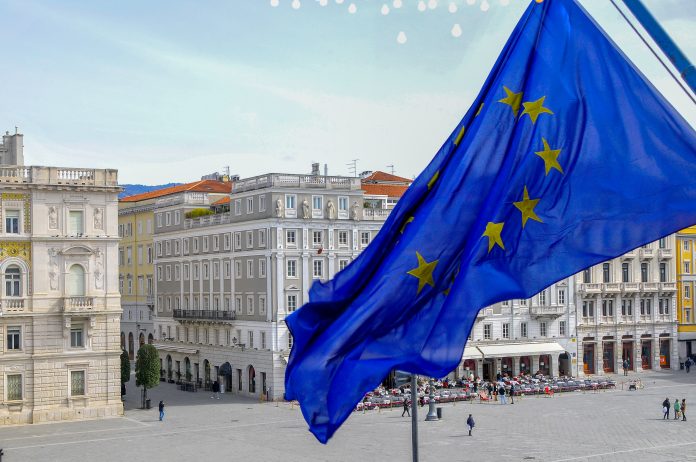by InTrieste
The Regional Government of Friuli Venezia Giulia has announced a significant increase in funding for its educational development plan, expanding its investment in schools to more than €10 million for the 2025–2027 period. The plan represents a steady rise from €7.5 million allocated in the previous cycle and marks a dramatic leap from the €2 million available in 2018.
The figures were presented on Wednesday by Alessia Rosolen, Regional Councillor for Education, during a session of the Regional Council in Trieste. The funding, she said, is intended to strengthen the region’s school system through targeted support, while preserving institutional autonomy.
“This is a substantial and structured initiative carried out through open calls and agreements,” Rosolen said, “in full respect of the decision-making autonomy of individual schools, while also offering guidance in areas the administration considers strategic for youth education and regional development.”
According to Rosolen, the plan is the result of a collaborative process involving educators and school leaders across the region, along with continuous monitoring of needs and outcomes.
The approach has already yielded broad participation. Between 2021 and 2024, all 167 public schools in the region applied for funding, along with 175 private and parochial institutions—reaching a total of 342 schools and nearly 150,000 students.
The 2025–2027 plan outlines several key areas of focus, including the enhancement of language proficiency, particularly in English and German, and the promotion of regional heritage through the study of local history, anthropology, and minority languages. It also emphasizes healthy living, nutrition, physical education, and the development of artistic and musical skills.
“The plan reflects the administration’s broader goal of preparing young people for the future, while also fostering a strong connection to the cultural and social identity of Friuli Venezia Giulia,” Rosolen said.
The increased funding arrives amid wider efforts across Italy to modernize educational offerings and respond to the evolving needs of students and teachers in a post-pandemic environment.





























